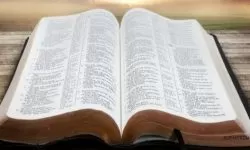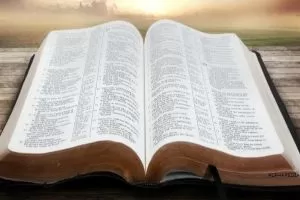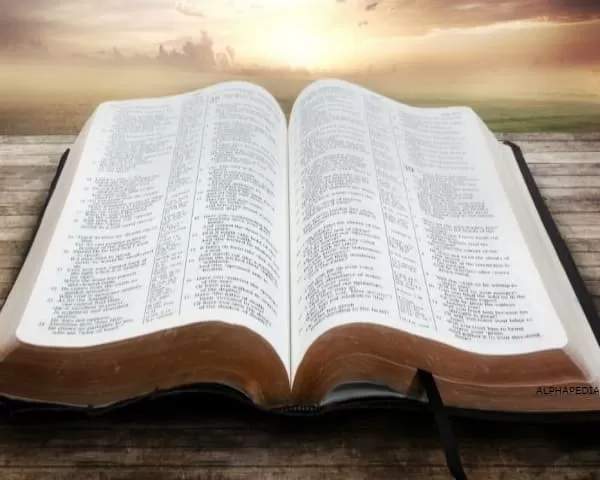- Female gender
- Use English, French, Spanish, Dutch, German, Danish, Norwegian, Swedish, Jewish, biblical, Latin biblical, Greek biblical
- Scripts אֶסְתֵר (Hebrew) Εσθηρ (ancient Greek)
- Pronounced EHS-t (r (English, Dutch) EHS-TEHR (French) ehs-TEHR (Spanish)
Meaning and History
It probably means “star” in Persian. Another option is that it comes from ISHTAR, a Near Eastern Goddess. In the Old Testament, the life of the spouse of the king of Persia, Queen Esther, is recounted in the book that bears her name. By the way, the advisor of this king, named Haman, was the one who convinced him to eliminate the Jews from the crown.
A relative of Esther warned her about the nefarious plan and she decided to expose her Jewish origins and persuade the king to execute Haman. Hadassah was her Hebrew name.
The use of the name Esther is of long standing in countries whose language is English, it goes back to the Protestant Reformation. Particularly in the USA it became popular after President Grover Cleveland’s daughter was baptized with that name.
Related Names
Variants: Ester (Spanish) Ester (Danish) Ester (Norwegian) Ester (Swedish) Hester (Biblical Latin)
Abbreviations
Essie, Esta (English) Estee (Jewish)
Other Languages and Cultures
Ester (biblical Hebrew) Ester (Catalan) Ester (Czech) Ester, Esteri, Essi (Finnish) Ester (Hebrew) Eszter, Eszti (Hungarian) Ester (Icelandic) Ester (Italian) Ester (Lithuanian) Ester (Polish) Ester (Portuguese) Yesfir, Esfir (Russian) Ester (Slovak)
The Name of Esther in the Bible
Esther’s name is assigned only once in the Bible. Esther is the Persian name of a Hebrew girl named Hadassah (which means myrtle), who was able to prevent the genocide of the Hebrews during the time of the Babylonian exile.
Her story plays between the two waves back to Jerusalem, but her courage is still celebrated every year during the feast of Purim (Esther 9:26). Esther was the daughter of a man named Abihail, who was the uncle of Mordecai, who raised her (Esther 2: 7, 2:15, 9:29), and who was instrumental in preventing and avenging the planned genocide of the Jews, and who was later promoted to a position that was only surpassed by the king (Esther 10: 3).
Etymology and Meaning of the Name Esther
Esther’s name probably comes from the Persian word setareh, which means star, and is conveniently similar to the medium word astra, which means myrtle, which is a plant with small flowers like stars in the night sky.
The people knew Hadassah as Esther and it is presumed that the name was assigned to her when she joined the Persian royal court. Note that Esther’s name is closely related to the name Ishtar (or Ashtoreth in Hebrew), which belonged to the main female deity of Babylon. The name of Esther’s uncle Mordecai closely resembles Marduk, the patron god of the city of Babylon.
But to a Hebrew audience, Esther’s name, the way it was written, had much more meaning than simply the word “star” in the language of her kidnappers.
Related Topics

MEANING OF SAMUEL IN THE BIBLE

HAGGAI ITS MEANING

LAMENTATIONS 3:23

MICAH 3

LAMENTATIONS 2

LAMENTATIONS 5
Other Topics of Interest in ALPHAPEDIA

FREE MASTER DEGREE IN ETHICS

BACHELOR DEGREE IN SURGICAL INSTRUMENTATION

FREE CERTIFICATE PROGRAM IN UNIVERSITY TEACHING

BIOCHEMISTRY DEGREE

BACTERIA DEFINITION

FREE MASTER DEGREE IN NETWORKS AND TELECOMMUNICATIONS
Image of the Bible



